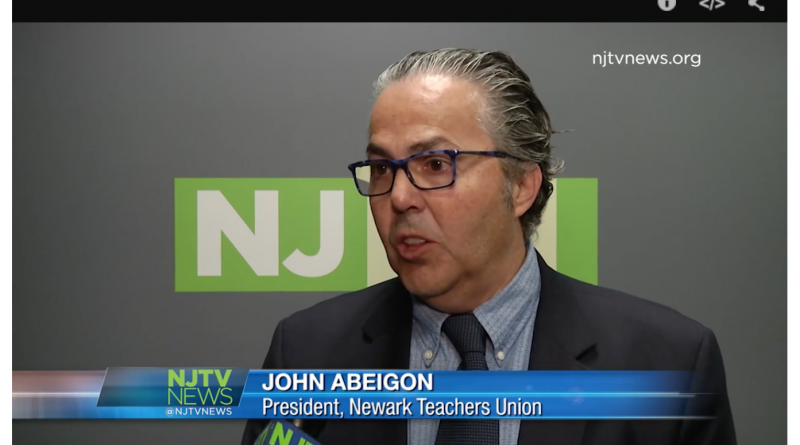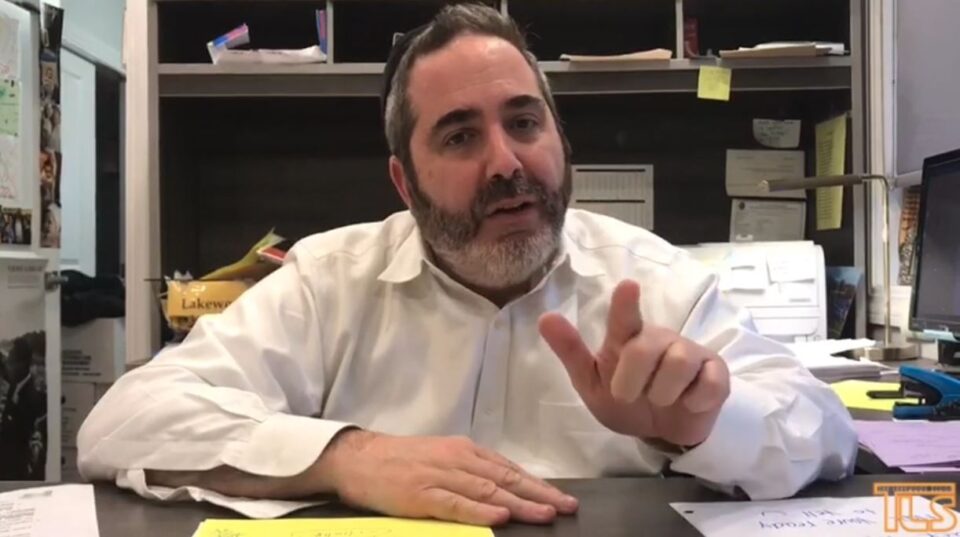Sunday Leftovers
May 15, 2016Need Another Reason to Fix N.J.’s School Funding Formula? Free Pre-School in “Gold Coast” Hoboken Where Homes Sell for $6.5 Million
May 17, 2016Sunday’s Anti-Charter School Rally in Trenton Misses The Point
Today’s Trentonian has an article about the “Rally for Equity” yesterday afternoon “when local lawmakers, educators, clergy and community activists urged citizens to fight to save [Trenton] city’s public education system” The focus of this piece is on the deleterious fiscal impact of public charter schools on Trenton’s school budget — a real concern in N.J. cities that have histories of failing school districts, especially since sending districts directly pay up to 90% (usually far less) of per-pupil costs — but misses the mark on historical context, actual data, and the mission of public education.
So let’s look at some facts. The article correctly points out that Trenton Public Schools has about a $6 million budget shortfall within its total operating budget of $257,901,771. Some of this gap stems from an increase in parents choosing to enroll their children in the city’s public charter school sector. Currently about 2,000 children attend charters in Trenton and projections for next year are for a 6% increase, or 356 students. (The total number of public school students in Trenton is about 13,000.) This year the district paid $36 million tuition to charter schools. Next year the payments will be proportionately larger.
The choices parents make in Trenton would be no surprise in suburban districts. According to the N.J. D.O.E.’s most recent School Performance Reports, only 2.6% of Trenton Central High School students got a score of 1550 or higher on the three-part SAT last year, a widely-accepted indicator of college and career readiness.
Some Trenton parents have the means to move out of Trenton so their children don’t have to attend Trenton Central High. Some Trenton parents don’t have the means, remain dissatisfied with the educational trajectories in district schools, and enroll their children in public charter schools. School funding is a zero sum game: the district loses money under either scenario because the money follows the child. Yet I’ve never heard anyone criticize parents who change zip codes in order to improve educational prospects for their children.
The article presses the evidence-free claim that charter schools send disruptive students back to the traditional district: “it is one of the main arguments,” the journalist writes, “against charter schools.” We could certainly use some data on this point. As long as we’re in the category of hearsay, I recall a conversation I had with Kathy Mone, former head of the Elysian Charter School in Hoboken, who recounted that she regularly received calls from Hoboken Public Schools guidance counselors pleading with her to enroll children with behavior problems in order to take them off their hands.
The fiscal burdens of special education, behavioral or otherwise, were also a subject of yesterday’s rally. Assemblyman Reed Gusciora said, ““Money is being taken out of the public schools system, which has a mission to teach everyone regardless of special needs or behavioral problems, and then given to an organization that cherry-picks students.”
Actually, charter schools use lotteries (although Assemblyman Gusciora might want to consider lobbying for universal enrollment systems like those used successfully in Trenton and Camden). And, speaking of special needs, I reported this in March:
According to DOE data, Trenton Public Schools classifies 1,640 children as eligible for special education services. They send 181 of these children to private special education placements and another 719 children to out-of-district public special education programs, most probably to the county program, Mercer County Special Services. Annual costs at these programs vary widely, but generally run about $40K-$90K per year, plus transportation.
In other words, Trenton is sending away 900 kids each day to other schools, almost ⅔ of their special needs population. This is not only fiscally unsound but a violation of I.D.E.A.’s mandate that children with disabilities remain in the least restrictive environment.
Finally, the article reports on remarks made by Trenton Education Association President Naomi Lafleur
“All 92 of our paraprofessionals are being laid-off and 90 percent of them live and work in Trenton,” Lafleur said. “They’re homeowners who are now wondering how they’re going to pay their bills, how they’re going to care for family members who are ill and no longer have health insurance. These layoffs are hurting this community at-large. It’s destroying our schools and it’s taking away the little tax base the city does have.”
Lay-offs in any profession are burdensome. But schools aren’t employment agencies and charter schools are not to blame for Trenton Public Schools’ problems. Scape-goaters should look elsewhere.




